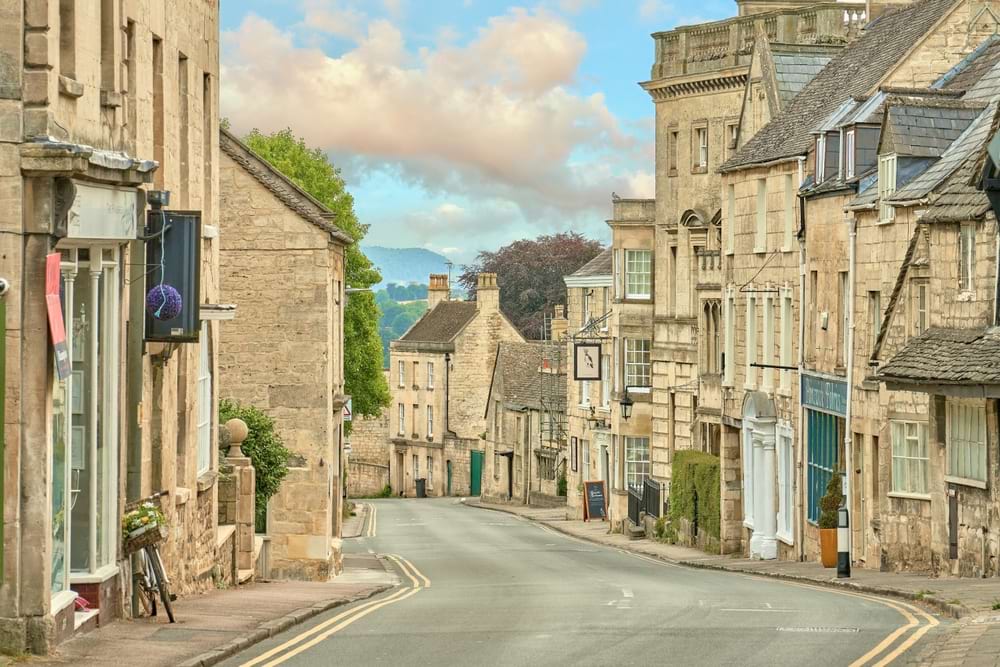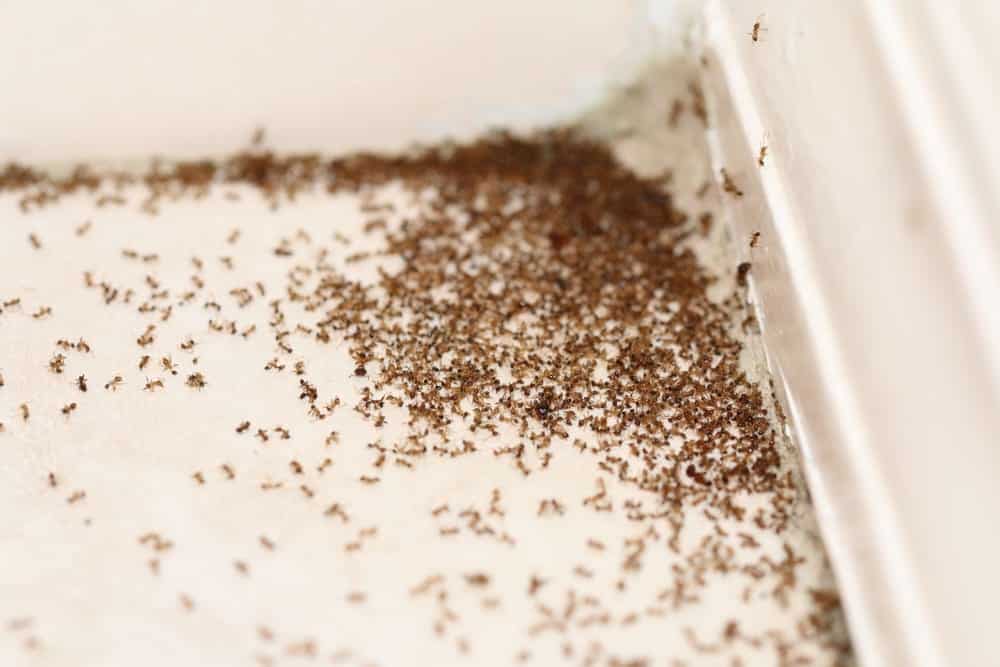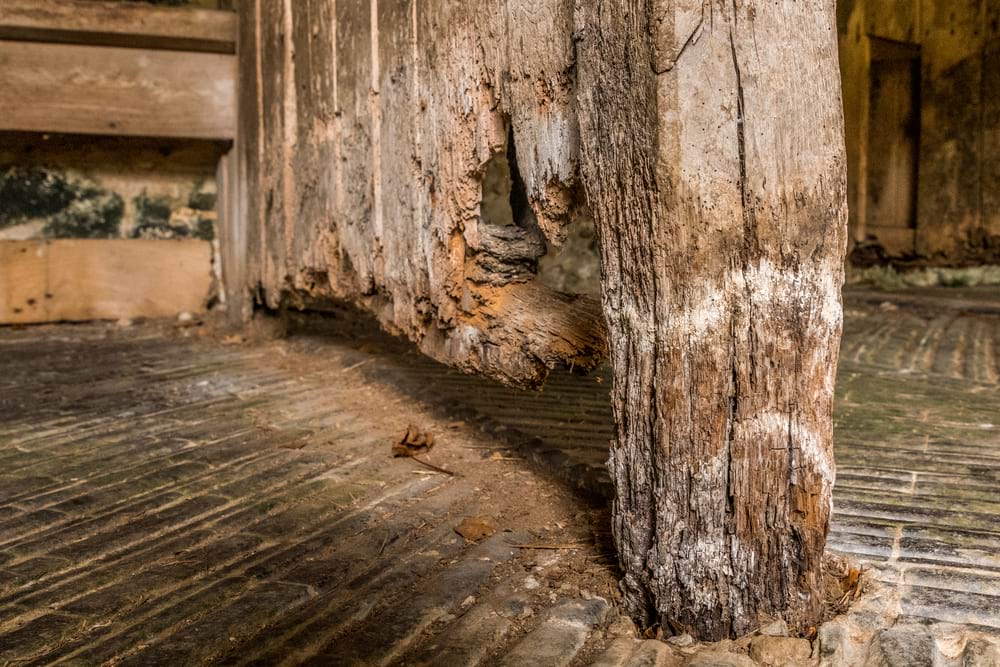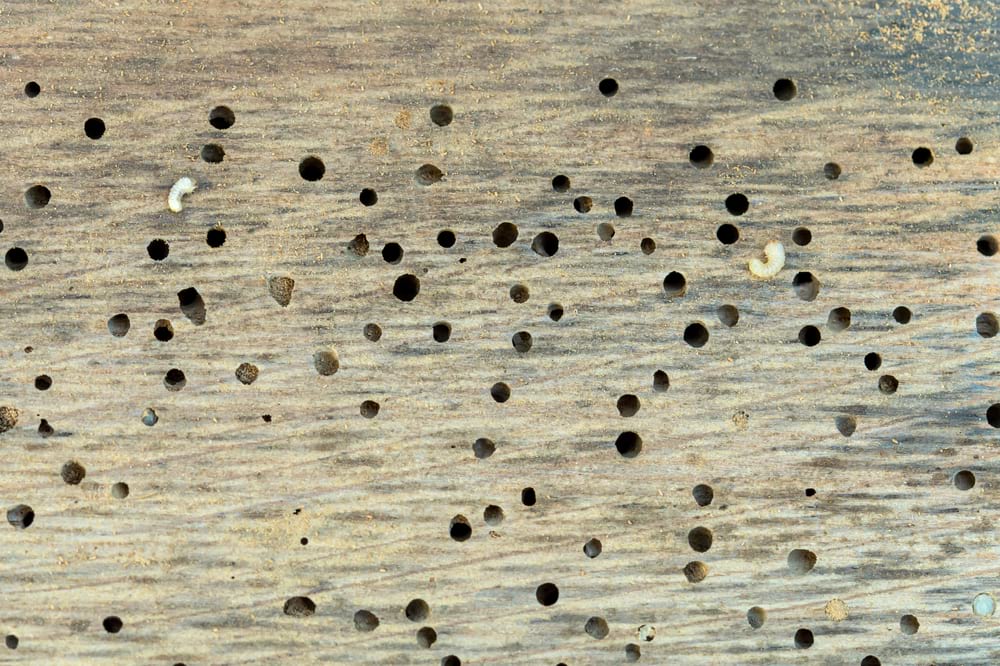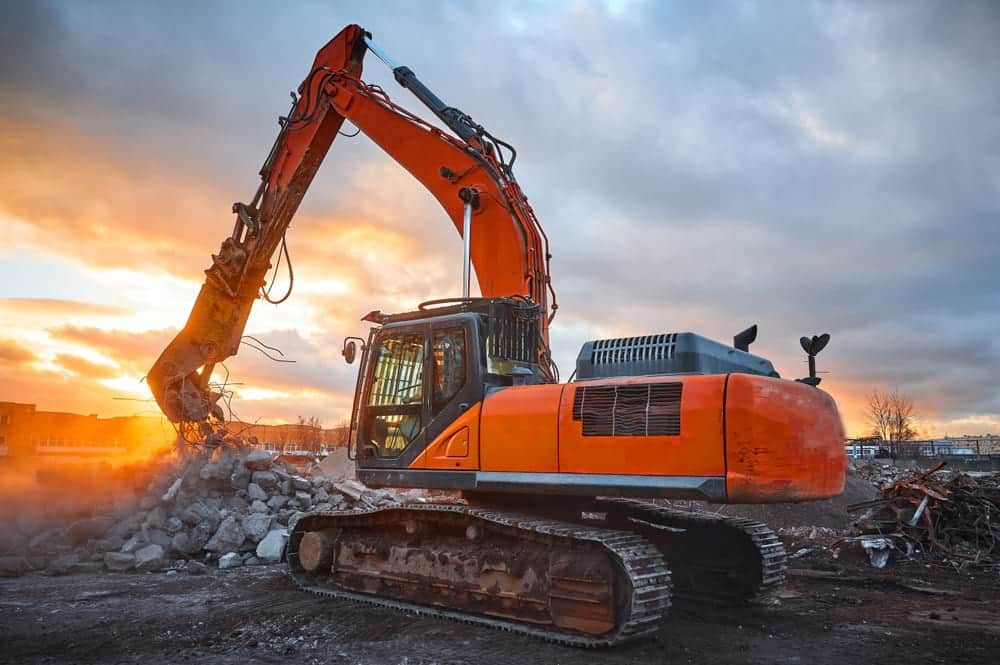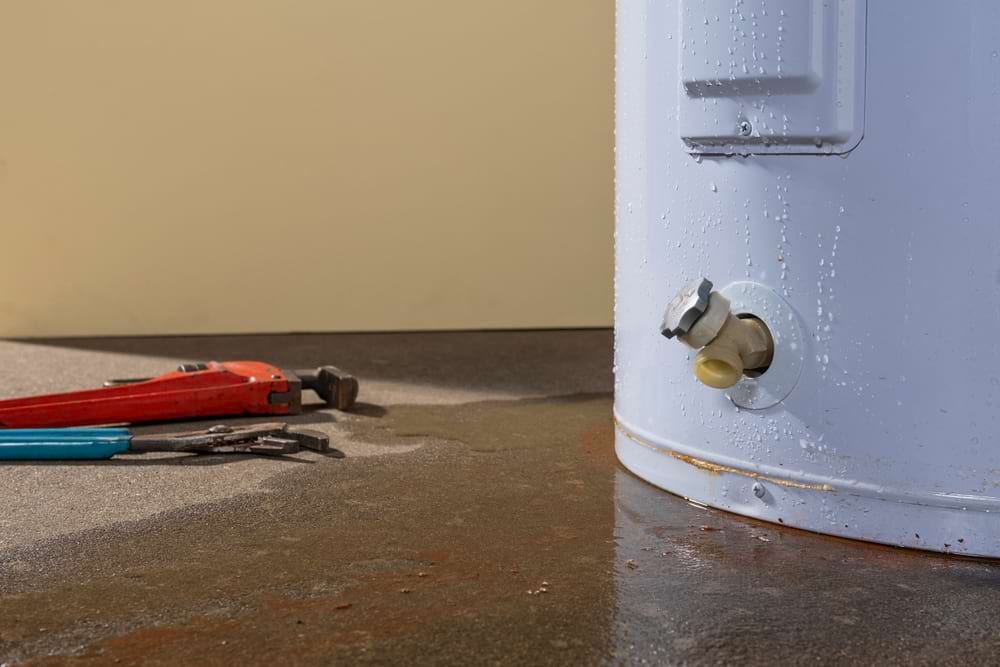People’s surroundings can shape their feelings.
The Japanese architect Kengo Kuma stated:
How different people choose to build connections in their environment essentially defines those societies and their relationships to conditions around them.
Conservation areas exist to preserve these connections. The UK has approximately 10,000 of them.
Read on to learn how to find out whether your home is in a conservation area and why this is important.
What is a conservation area?
The UK government protects a conservation area to preserve its character.
This is because it has some historical or architectural significance, such as an area with many period properties.
In most conservation areas, strict rules often limit the number and type of houses and amendments to buildings.
Breaking these rules is banned under Section 74 of the Planning (Listed Buildings and Conservation Areas) Act 1990.
You will often be fined and ordered to reverse any alterations to your house.
But in serious situations, you may be sentenced to two years in prison.
Examples of conservation area breaches & punishments
Example 1: Over £8,000 of fines for jewellery store owner ignoring notice
In 2011, the owner of Cha Cha Jewellery in Bradford was issued an enforcement notice.
It told him to remove an unauthorised shop front and shutters and re-install a traditional-style timber frontage.
The owner ignored the notice for 14 years. But in 2024, he was fined over £8,000 for it.
After the case, a Bradford Civic Society spokesperson remarked:
Having high standards of design for listed buildings or in conservation areas is there to benefit the whole city. There’s a reason why there are stricter rules for conservation areas, so I hope others take note of this recent case.
Example 2: Potential prison sentence for knocking down wall on property
In 2023, an 88-year-old man faced potential prison time in a dispute with Somerset County Council about knocking down a conservation area wall.
He removed a section of the stone wall on his property to improve access to his land.
The council said the wall is part of an ancient monument and issued multiple fines.
The property owner refused to comply with the enforcement notice and argued that he built the wall himself 40 years ago. He stated:
I’ve been fined three times in the six court appearances and each time I’ve refused to pay because I know I’m in the right […] they can fine me, imprison me and do whatever they want but I’m not rebuilding that wall.
As of late 2024, there is no news on whether the dispute was resolved or ongoing.
Is my house in a conservation area?
Your local authority will publish this on its website if you live in a conservation area.
You can contact them directly to find out. Your local authority should produce a management plan with the necessary details. This includes:
- Boundaries of the conservation area
- When it was created
- Why it was created
- The level of legal protection in place.
If you can’t find the document, contact your local authority directly and ask.
When you buy a house, your solicitor should find out if you’re in a conservation area during their searches.
Follow up on this if you’re unsure whether it’s being checked.
Do conservation areas ever change?
It is rare for a conservation area to be ‘undesignated’. But you sometimes see a conservation area have its boundaries change.
It could, for example, also be merged with another area or renamed.
New conservation areas get added on occasion. A local authority will determine this based on consultation with residents.
They could place a notice in local publications too. This might be to hear both support and objections.
Even conservation areas will change in appearance over time. The local authority should ensure that new developments maintain the area’s history and appearance.
You’ll be allowed to change the exterior of your house too, if it isn’t detrimental to the conservation area.
What am I not allowed to do if my house is in a conservation area?
Significant exterior changes
If you live in a conservation area, you cannot usually change the exterior of your house without planning permission. This includes:
- Extending the house
- Putting in a new driveway
- Cutting down a tree
- Repainting the front of the house.
Small exterior changes
You also typically need permission for:
- Cladding
- Installing solar panels
- Putting in a chimney
- Placing antennae on your house.
You won’t need permission for these things in most parts of the country. But it becomes necessary in a conservation area.
Interior changes
Furthermore, if you live in a listed building, you can’t usually alter the interior without permission either.
In most cases, you must submit your request to the local authority. They might have a ‘Conservation Area Advisory Committee’ set up to deal with this.
They will decide whether what you’ve asked will impact the area’s history, architecture or appearance.
Amend or abandon
They might ask your idea to be amended in some way or could shut it down altogether.
For more guidance tailored to your area, speak to your local authority.
Are houses in a conservation area more or less desirable?
Buyers likely to purchase properties in conservation areas
Many people prefer houses in conservation area. This is because the location tends to have character and charm.
All houses might be of a similar appearance, creating a unique atmosphere you cannot get anywhere else.
Conservation areas are desirable for all ‘typical’ buyers on the market. So, sellers often don’t have trouble finding buyers.
Buyers unlikely to purchase properties in conservation areas
Developers and investors are unlikely to purchase properties in conservation areas.
They might be unable to ‘fix up’ a house or extend it. This limits the profit they can make.
These buyers usually prefer houses outside a conservation area, as they encounter less hurdles.
Should I buy a house in a conservation area?
It depends on the situation. If you love the house as it is, and don’t want to change its exterior, then there’s little harm to this.
But if you want to renovate the property significantly, it could be a problem.
Conservation areas come with other benefits, too. You should keep these in mind.
It often benefits from increased biodiversity because the local authority ensures animals aren’t damaged by development.
And it often has higher tourism levels because people want to visit unique locations.
